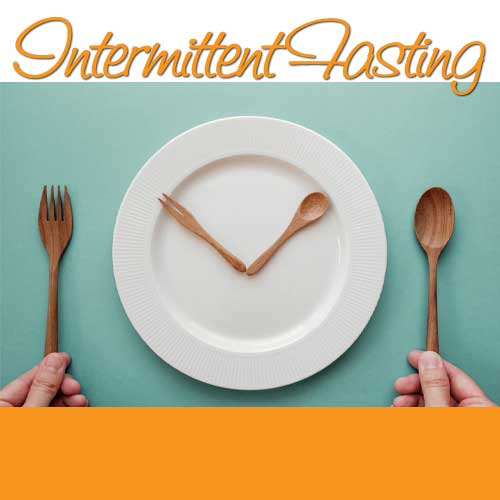Greetings my friends, I hope this month has found all of you safe, healthy and well, mentally, physically and emotionally. One of the things I wanted to share with you is something I have done most of my life; intermittent fasting. For as long as I can remember, I have often times skipped breakfast. I am simply not hungry when I wake up in the morning. I am content with my morning coffee and I am ready to begin my day shortly afterwards.
My dear friend, Karen G Clemenson, who is also my personal trainer is often checking up on my well-being after a workout because she knows I have a tendency to skip breakfast prior to working out. Usually I am fine. But sometimes my workout was not my best, that morning, due to low blood pressure, because I need to eat.
Upon reading about intermittent fasting, I discovered there are many health benefits to this approach. Some studies claim it helps lower your blood pressure, helps to regulate your blood sugars, assists your body in accessing fat stores, and in turn, helps you to lose belly fat which contributes to cardiovascular disease. Intermittent fasting helps with a cellular processes, meaning the cells begin to repair themselves, including autophagy..
Autophagy is the body’s way of cleaning out damaged cells, in order to regenerate newer, healthier cells, according to Priya Khorana, PhD, in nutrition education from Columbia University.
Another example of how intermittent fasting helps the body is that it also assists with gene expression and can contribute to a longer lifespan.
There are a few ways intermittent fasting is accomplished. The method I have used most of my life is called the 16/8 method. This simply means I will fast for an average of 16 hours in a 24 hour window of a day. I eat normally in an 8 hour window, and fast for 16 hours. This means dinner is my last meal between 5:00 pm to around 7:00 pm, and I won’t eat again until I feel hungry the next day which happens between 12:00 pm to 2:00 pm.
The links that are enclosed will give other methods of fasting. I have not utilized those methods, so I do not have first hand experience with them to share. As with many lifestyle changes, this is not for everyone. For example, this tends to work better for men than it does for women.
If you have a history of eating disorders, intermittent fasting is not recommended. It is not a good idea for children to practice intermittent fasting. But…based on my experience, a child will not let him/herself starve.. children will eat when they are hungry. Here are the links below to peruse for further information.
As always, please consult with your medical provider before implementing any new lifestyle change. Be safe and be well
Start Learning More
- Autophagy: What You Need to Know by Sara Lindberg and medically reviewed by Daniel Murrle, MD for Healthline
- How Good a Diet Is Intermittent Fasting? by Claudia Wallis for Scientific American
- Intermittent Fasting 101 – The Ultimate Beginner’s Guide by Kris Gunnars, BSc for Healthline
Related Articles
To look for a particular topic please see our Healthy Living Blogs page. If you don’t find what you are looking for please click on the button below to fill out a request form and someone from Our Team will be glad to research it for you for FREE!
 Nancy Cho-Auvil is the author of From the Heart column for Wellness Works NW. Nancy is also a contributing author of Mixed Korean: Our Stories. Native to the Pacific Northwest, Nancy lives in Cowlitz County with her life partner and their cat, Keekers. Nancy enjoys working out with Karen G Clemenson. She also enjoys knitting. Check out Nancy’s personal blog at CrazyCozyChick.Blogspot.com. You can also find Nancy on Facebook. Nancy is a mom, a grandmother and a heart attack survivor so we know what she writes comes straight From the Heart…
Nancy Cho-Auvil is the author of From the Heart column for Wellness Works NW. Nancy is also a contributing author of Mixed Korean: Our Stories. Native to the Pacific Northwest, Nancy lives in Cowlitz County with her life partner and their cat, Keekers. Nancy enjoys working out with Karen G Clemenson. She also enjoys knitting. Check out Nancy’s personal blog at CrazyCozyChick.Blogspot.com. You can also find Nancy on Facebook. Nancy is a mom, a grandmother and a heart attack survivor so we know what she writes comes straight From the Heart…













